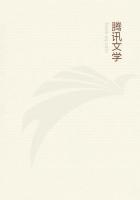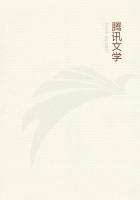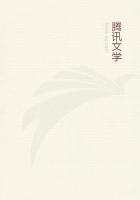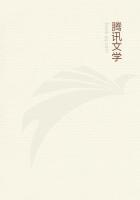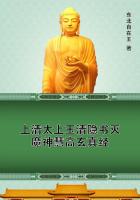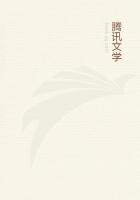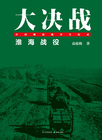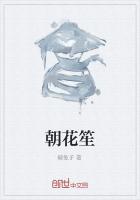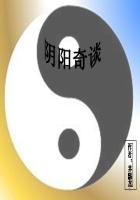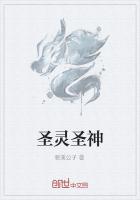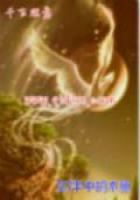Therefore the poet is not any permissive potentate, but is emperor in his own right. Criticism is infested with a cant of materialism, which assumes that manual skill and activity is the first merit of all men, and disparages such as say and do not, overlooking the fact, that some men, namely, poets, are natural sayers, sent into the world to the end of expression, and confounds them with those whose province is action, but who quit it to imitate the sayers. But Homer's words are as costly and admirable to Homer, as Agamemnon's victories are to Agamemnon. The poet does not wait for the hero or the sage, but, as they act and think primarily, so he writes primarily what will and must be spoken, reckoning the others, though primaries also, yet, in respect to him, secondaries and servants; as sitters or models in the studio of a painter, or as assistants who bring building materials to an architect.
For poetry was all written before time was, and whenever we are so finely organized that we can penetrate into that region where the air is music, we hear those primal warblings, and attempt to write them down, but we lose ever and anon a word, or a verse, and substitute something of our own, and thus miswrite the poem. The men of more delicate ear write down these cadences more faithfully, and these transcripts, though imperfect, become the songs of the nations.
For nature is as truly beautiful as it is good, or as it is reasonable, and must as much appear, as it must be done, or be known.
Words and deeds are quite indifferent modes of the divine energy.
Words are also actions, and actions are a kind of words.
The sign and credentials of the poet are, that he announces that which no man foretold. He is the true and only doctor; he knows and tells; he is the only teller of news, for he was present and privy to the appearance which he describes. He is a beholder of ideas, and an utterer of the necessary and causal. For we do not speak now of men of poetical talents, or of industry and skill in metre, but of the true poet. I took part in a conversation the other day, concerning a recent writer of lyrics, a man of subtle mind, whose head appeared to be a music-box of delicate tunes and rhythms, and whose skill, and command of language, we could not sufficiently praise. But when the question arose, whether he was not only a lyrist, but a poet, we were obliged to confess that he is plainly a contemporary, not an eternal man. He does not stand out of our low limitations, like a Chimborazo under the line, running up from the torrid base through all the climates of the globe, with belts of the herbage of every latitude on its high and mottled sides; but this genius is the landscape-garden of a modern house, adorned with fountains and statues, with well-bred men and women standing and sitting in the walks and terraces. We hear, through all the varied music, the ground-tone of conventional life. Our poets are men of talents who sing, and not the children of music. The argument is secondary, the finish of the verses is primary.
For it is not metres, but a metre-making argument, that makes a poem, -- a thought so passionate and alive, that, like the spirit of a plant or an animal, it has an architecture of its own, and adorns nature with a new thing. The thought and the form are equal in the order of time, but in the order of genesis the thought is prior to the form. The poet has a new thought: he has a whole new experience to unfold; he will tell us how it was with him, and all men will be the richer in his fortune. For, the experience of each new age requires a new confession, and the world seems always waiting for its poet. I remember, when I was young, how much I was moved one morning by tidings that genius had appeared in a youth who sat near me at table. He had left his work, and gone rambling none knew whither, and had written hundreds of lines, but could not tell whether that which was in him was therein told: he could tell nothing but that all was changed, -- man, beast, heaven, earth, and sea. How gladly we listened! how credulous! Society seemed to be compromised. We sat in the aurora of a sunrise which was to put out all the stars.
Boston seemed to be at twice the distance it had the night before, or was much farther than that. Rome, -- what was Rome? Plutarch and Shakspeare were in the yellow leaf, and Homer no more should be heard of. It is much to know that poetry has been written this very day, under this very roof, by your side. What! that wonderful spirit has not expired! these stony moments are still sparkling and animated! I had fancied that the oracles were all silent, and nature had spent her fires, and behold! all night, from every pore, these fine auroras have been streaming. Every one has some interest in the advent of the poet, and no one knows how much it may concern him. We know that the secret of the world is profound, but who or what shall be our interpreter, we know not. A mountain ramble, a new style of face, a new person, may put the key into our hands. Of course, the value of genius to us is in the veracity of its report. Talent may frolic and juggle; genius realizes and adds. Mankind, in good earnest, have availed so far in understanding themselves and their work, that the foremost watchman on the peak announces his news. It is the truest word ever spoken, and the phrase will be the fittest, most musical, and the unerring voice of the world for that time.
All that we call sacred history attests that the birth of a poet is the principal event in chronology. Man, never so often deceived, still watches for the arrival of a brother who can hold him steady to a truth, until he has made it his own. With what joy I begin to read a poem, which I confide in as an inspiration! And now my chains are to be broken; I shall mount above these clouds and opaque airs in which I live, -- opaque, though they seem transparent, -- and from the heaven of truth I shall see and comprehend my relations. That will reconcile me to life, and renovate nature, to see trifles animated by a tendency, and to know what I am doing.

